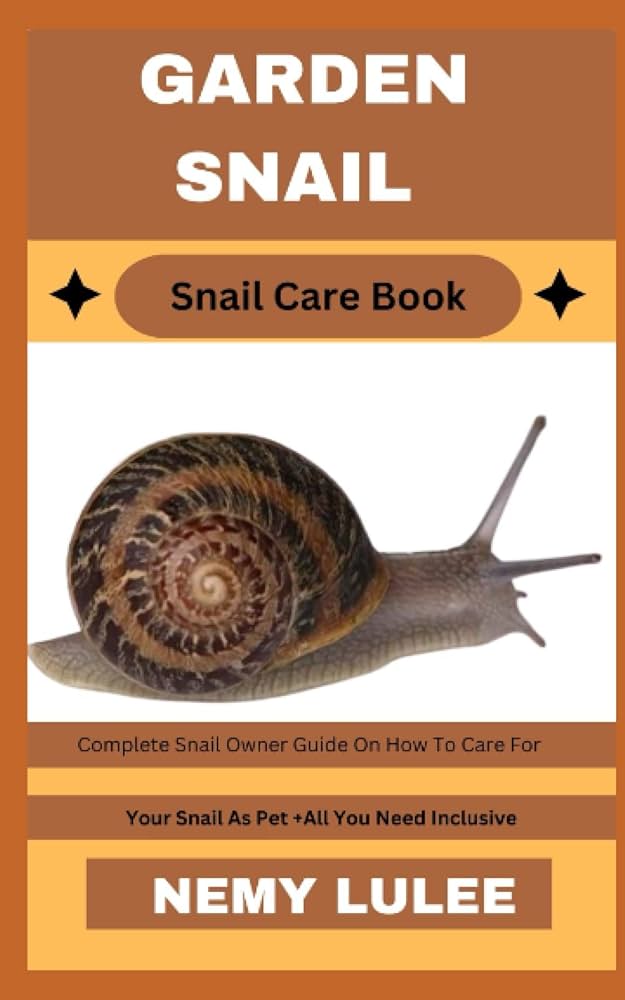Introduction
Buying garden snails can be a rewarding experience for hobbyists, gardeners, and educators alike. These small, slow-moving creatures play a unique role in ecosystems, and many people are interested in keeping them either as pets or for gardening purposes. In this article, we’ll explore why you might want to buy garden snails, how to choose the right ones, and essential care tips to ensure their health and wellbeing. Whether you’re looking to start a snail farm, use them for organic pest control, or simply enjoy observing their behaviors, this guide provides expert insights based on research and practical experience.
Why Buy Garden Snails?
Ecological and Educational Benefits
Garden snails contribute to soil health by breaking down organic matter, which enriches the soil. They serve as excellent subjects for studying animal behavior, making them popular in educational settings. Additionally, garden snails can act as natural indicators of environmental conditions.
Uses in Gardening and Farming
- Organic Pest Control: Some gardeners use snails to consume decaying plant material, reducing waste.
- Soil Aeration: Their movement helps aerate the soil.
- Farming: Snail farming (heliciculture) is a growing industry for culinary and cosmetic uses.
How to Choose the Right Garden Snail
Species Selection
Not all garden snails are the same. The most common species available for purchase include:
- Helix aspersa (Common Garden Snail): Hardy and adaptable, great for beginners.
- Cornu aspersum: Popular for snail farming; known for its larger size.
- Cepaea nemoralis (Grove Snail): Known for its colorful shell, often used in educational settings.
Where to Buy
- Specialized breeders: Provide healthy, disease-free snails.
- Online retailers: Offer a variety of species but verify credibility.
- Local garden centers: Sometimes stock garden snails, but less variety.
Important Factors
- Verify the snails’ origin to avoid invasive species.
- Check for signs of disease or parasites.
- Choose snails of appropriate size and age based on your purpose.
Caring for Your Garden Snails
Habitat Setup
Creating a suitable environment is crucial:
- Enclosure: Use a ventilated glass or plastic container.
- Substrate: Provide moist soil or coconut fiber 2-3 inches deep.
- Humidity: Maintain 75-90% humidity; mist regularly.
- Temperature: Ideal range is 15-25°C (59-77°F).
Feeding
Garden snails are herbivores. Feed them:
- Fresh vegetables like lettuce, cucumber, and carrots.
- Calcium sources such as cuttlebone or crushed eggshells for shell health.
Avoid salty or processed foods.
Maintenance
- Clean the enclosure weekly.
- Remove uneaten food to prevent mold.
- Monitor snail health; lethargy or shell damage require attention.
Legal and Ethical Considerations
Before purchasing garden snails, research local regulations. Some snail species are protected or considered invasive. Always source snails ethically to prevent ecological imbalances.
Conclusion
Buying garden snails is an accessible way to engage with nature, whether for gardening, education, or as pets. By selecting the right species, ensuring proper care, and understanding their ecological role, you can enjoy the benefits these fascinating creatures offer. Remember to prioritize ethical sourcing and habitat maintenance to keep your garden snails healthy and thriving. Ready to start? Explore reputable sources and prepare your habitat today!
